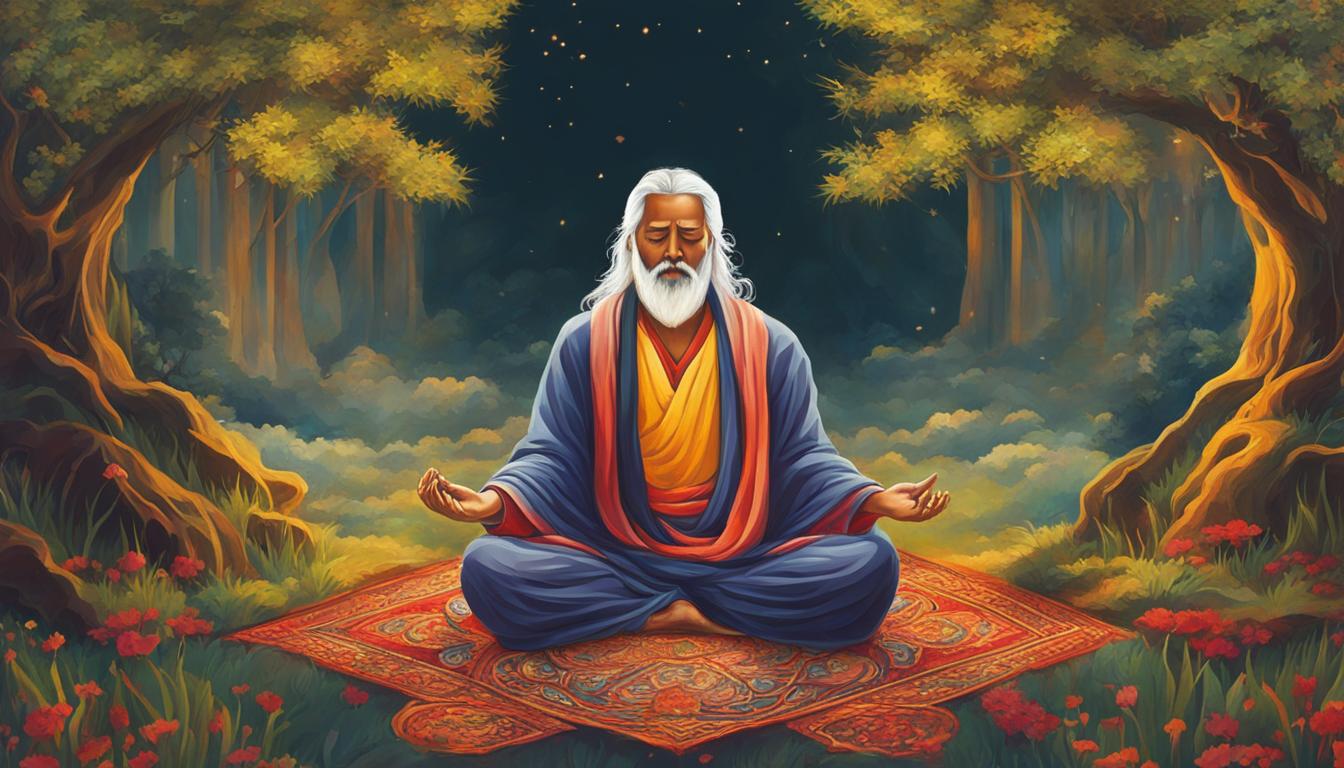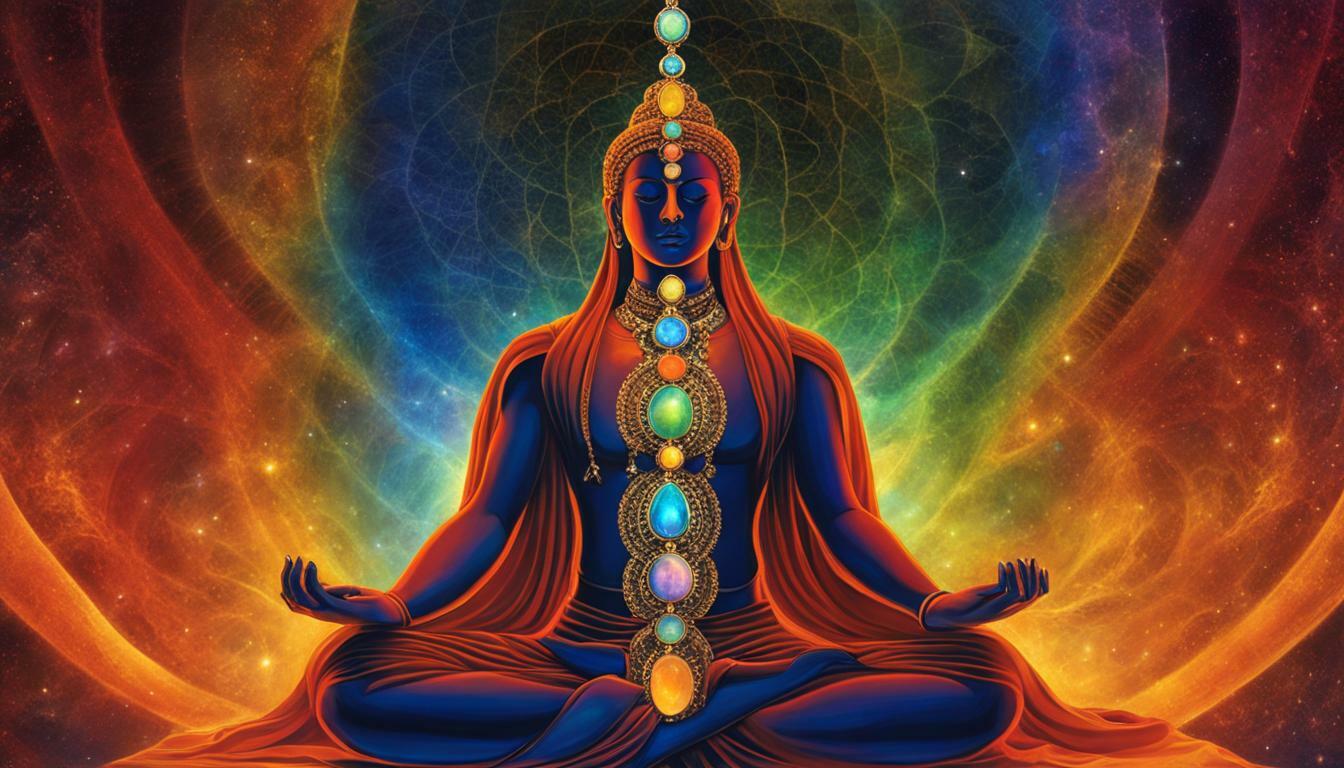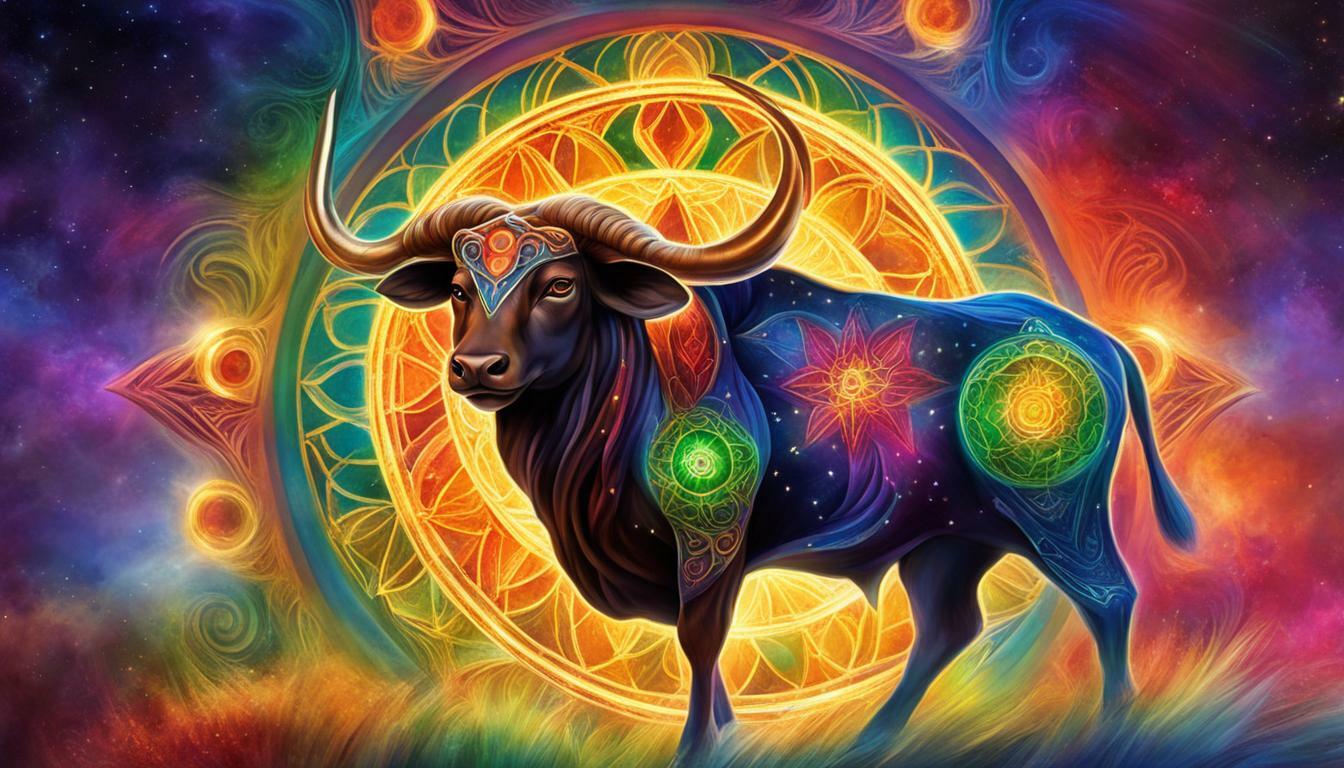Feeling tired after meditation is a common phenomenon that many people experience. It may leave you wondering why you feel sleepy instead of refreshed. There are several possible reasons for this post-meditation drowsiness that you should be aware of.
One reason could be pushing too hard during your meditation practice. When you try too hard to remain focused, it can create tension in your nervous system and physical body, leading to feelings of exhaustion. Another factor to consider is the association between relaxation and sleep. Your brain is accustomed to slowing down only at bedtime, so when you relax during meditation, it may trigger a sleep response. Boredom and fatigue can also contribute to feeling sleepy during your meditation session.
To revitalize your post-meditation experience, it is important to be patient with yourself and avoid pushing too hard. By understanding the causes of sleepiness and making adjustments, you can enhance your meditation practice and feel more energized afterwards.
Key Takeaways:
- Pushing too hard during meditation can create tension in your body and lead to feelings of exhaustion.
- The association between relaxation and sleep can make you feel sleepy during meditation.
- Boredom and fatigue can also contribute to post-meditation drowsiness.
- Being patient with yourself and finding ways to stay engaged can help prevent excessive sleepiness.
- Prioritizing enough sleep and addressing general fatigue can promote alertness during meditation.
Pushing Too Hard during Meditation
One possible cause of feeling sleepy after meditation is pushing too hard during the practice. When you try too hard to remain focused during meditation, it can create tension in your nervous system, leading to physical discomfort and exhaustion. It’s important to remember that meditation is not about forcing yourself to concentrate intensely. Instead, it’s about cultivating a gentle and patient approach towards your practice.
Examples of pushing too hard during meditation include experiencing hard aches, pain in the body, eye strain, and tension in the head. When you push or strain too much, it can drain your energy and leave you feeling tired afterwards. Instead, try to maintain a relaxed and comfortable posture during meditation, allowing your body to find its natural ease.
“The more you try, the less you will achieve.”
Effects of Pushing Too Hard during Meditation
- Physical discomfort and tension in the body
- Exhaustion and fatigue
- Increased likelihood of feeling sleepy after meditation
By adopting a more gentle and patient approach, you can prevent feeling drained after a meditation session and instead experience greater revitalization and clarity.
| Pushing Too Hard during Meditation | Recommended Approach |
|---|---|
| Straining and forcing concentration | Relaxed and gentle focus |
| Physical discomfort and tension | Comfortable and relaxed posture |
| Exhaustion and fatigue | Patient and mindful practice |
Association and Boredom
Feeling sleepy after meditation can often be linked to the association between relaxation and sleep. Our brains are accustomed to slowing down and preparing for rest only at bedtime, so when we enter a state of deep relaxation during meditation, it can trigger a response that makes us feel sleepy. Closing our eyes during meditation can also contribute to this association, as it signals to the brain that it’s time to rest.
Another factor that can contribute to feeling sleepy during meditation is boredom. Especially for those new to the practice, meditation can seem uneventful or lacking in stimulation. When the mind craves constant engagement, the lack of activity during meditation can lead to sleepiness as a way to escape from the perceived monotony.
Being aware of these factors and finding ways to stay engaged can help prevent excessive sleepiness during meditation. One approach is to try different techniques or styles of meditation to keep things fresh and interesting. Experimenting with guided meditations, visualizations, or focusing on specific intentions can help stimulate the mind and maintain focus. Another strategy is to incorporate movement or mindfulness exercises into your meditation practice to increase physical engagement. By finding what works best for you and staying engaged throughout the practice, you can minimize sleepiness and make the most of your meditation sessions.
Remember, feeling sleepy after meditation is a common experience and not necessarily a sign of doing anything wrong. It’s important to be patient with yourself and approach meditation with an open and non-judgmental mindset. By understanding the association between relaxation and sleep, as well as finding ways to combat boredom, you can create a more energizing and fulfilling meditation practice.
Fatigue and Lack of Sleep
Feeling tired during meditation can often be attributed to general fatigue and a lack of sleep. Many people lead busy lives and neglect the importance of getting enough rest, only realizing their exhaustion when they take the time to quiet their minds. When you meditate, your body and mind are given a chance to relax and unwind, revealing any underlying tiredness that may have been masked by the busyness of everyday life.
It is crucial to prioritize sleep in order to maintain a successful meditation practice. Getting the recommended amount of sleep, which is typically around eight hours for adults, can help alleviate excessive sleepiness during meditation. By establishing a consistent sleep routine and ensuring you give your body the rest it needs, you can create a solid foundation for more alert and energized meditation sessions.
In addition to ensuring sufficient sleep, it is essential to listen to your body’s needs. If you consistently feel tired during meditation, it may be a sign that you need to reevaluate your daily schedule and make time for rest and rejuvenation. Remember, meditation is meant to promote overall well-being, and pushing through fatigue can hinder your progress. Prioritize self-care, and allow yourself the necessary downtime to recharge both physically and mentally.
| Signs of Fatigue and Lack of Sleep | Ways to Address Fatigue and Improve Sleep |
|---|---|
| Difficulty staying awake during meditation | Establish a consistent sleep schedule |
| Feeling groggy and sluggish throughout the day | Create a relaxing bedtime routine |
| Increased reliance on caffeine and stimulants | Avoid electronic devices before bed |
| Reduced ability to concentrate and focus | Engage in relaxation techniques before sleep |
| Experiencing frequent mood swings and irritability | Avoid excessive napping during the day |
By addressing any underlying fatigue and prioritizing sleep, you can enhance the quality of your meditation practice and experience greater clarity and focus. Remember, meditation is a journey, and taking care of your physical well-being is an integral part of that journey. Listen to your body, be kind to yourself, and create the optimal conditions for a rejuvenating meditation practice.
Conclusion
Understanding the causes of sleepiness after meditation is essential for revitalizing your post-meditation experience. By preventing excessive sleepiness, you can fully enjoy the benefits of your practice.
To prevent sleepiness, avoid pushing too hard during meditation. Be patient with yourself and adopt a gentle approach. Pushing too hard can create tension in your nervous system and physical body, leading to exhaustion and fatigue.
In addition, recognize the association between relaxation and sleep. Closing your eyes during meditation can signal to your brain that it’s time to rest, inducing sleepiness. Finding ways to stay engaged during meditation and combating boredom can help prevent excessive sleepiness.
Lastly, prioritize enough sleep and address general fatigue. Lack of sleep and overall tiredness can contribute to feeling sleepy during meditation. By getting the recommended amount of sleep and taking care of your energy levels, you can have a more alert and energetic meditation practice.
Is Feeling Sleepy After Reiki Meditation Normal?
Feeling sleepy after Reiki meditation is quite normal. During the practice, your body may enter a deep state of relaxation, inducing a sense of calmness. Reiki meditation explained it as a natural response to the energy movement and healing process. Embrace the drowsiness as a sign that your body is restoring its balance and promoting overall well-being.
FAQ
Why do I feel sleepy after meditation?
Feeling sleepy after meditation is a common phenomenon that many people experience. There are several possible reasons for this sleepiness.
What is one possible cause of feeling sleepy after meditation?
One possible cause is pushing too hard during meditation, which can create tension in the nervous system and physical body.
How does the association between relaxation and sleep contribute to feeling sleepy after meditation?
For many people, the brain associates relaxation with sleep, so closing your eyes during meditation or experiencing boredom can induce a sleep response.
Can general fatigue and lack of sleep cause sleepiness after meditation?
Yes, feeling tired and lacking sleep can contribute to feeling sleepy after meditation.








